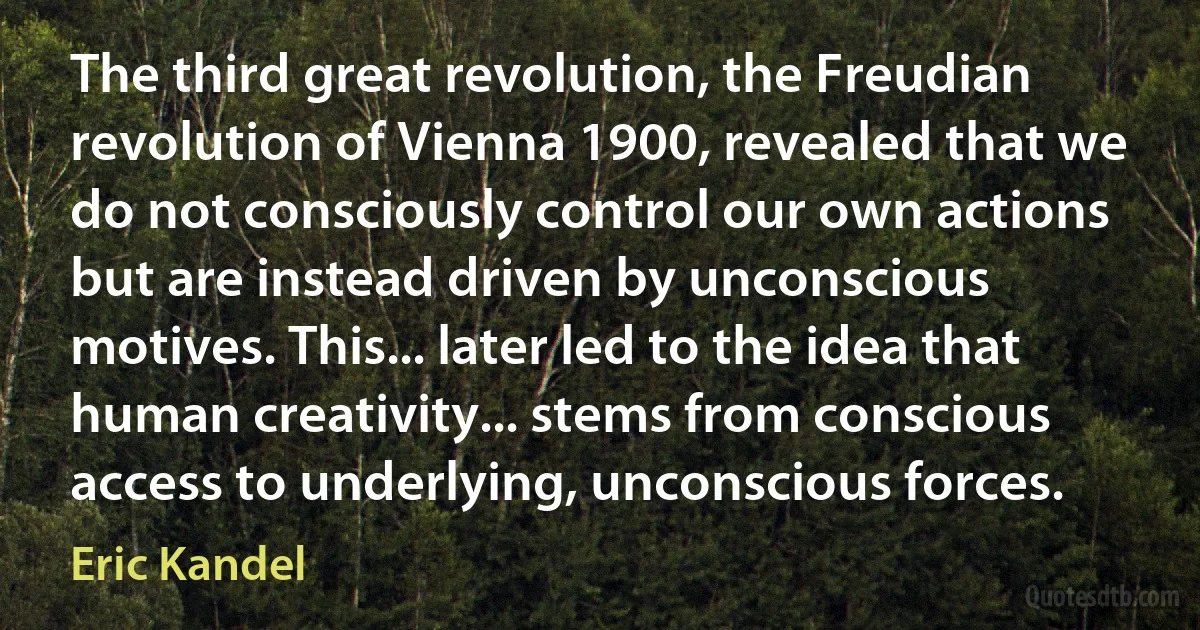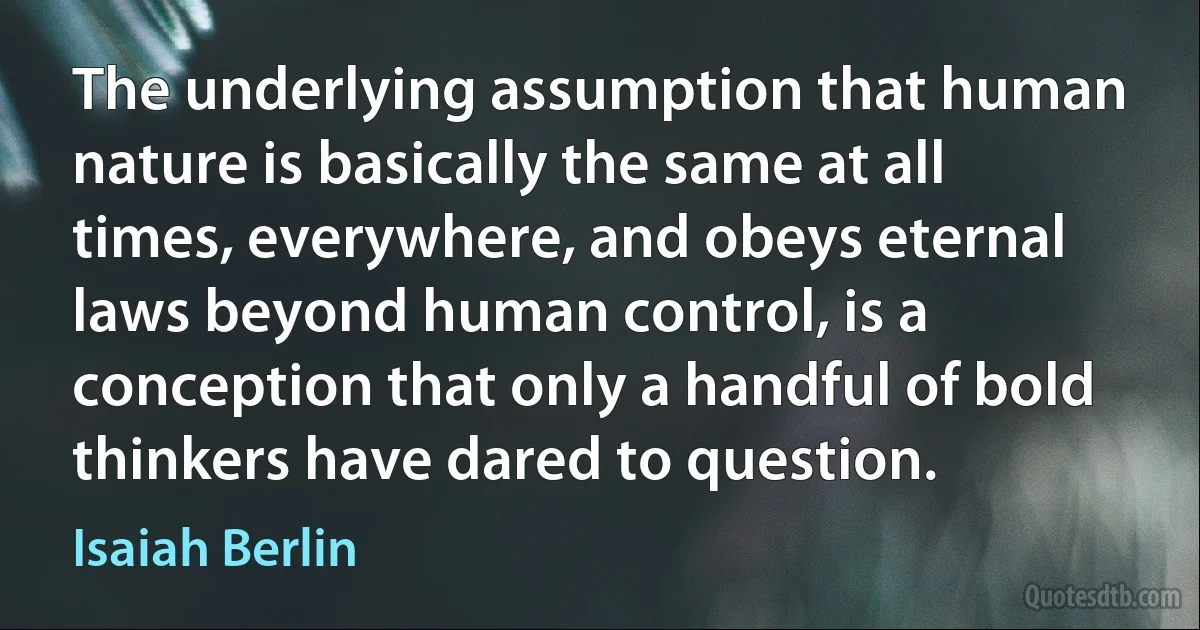Underlying Quotes - page 10
Seeing several of these paintings [his series paintings 'Hommage to the square', Josef Albers painted in 1963-64] next to each other makes it obvious that each painting is an instrumentation on its own.
This means that they all are of different palettes, and, therefore, so to speak, of different climates.
Choice of the colors used, as well as their order, is aimed at an interaction – influencing and changing each other forth and back.
Thus, character and feeling alter from painting to painting without any additional 'handwriting' or, so-called, texture.
Though the underlying symmetrical and quasi-concentric order of squares remains the same in all paintings – in proportion and placement – these same squares group or single themselves, connect and separate in many different ways
In consequence, they move forth and back, in and out, and grow up and down and near and far, as well as enlarged and diminished. All this to proclaim color autonomy as a means of plastic organization.

Josef Albers
Margaret Mead was both a student of civilization and an exemplar of it. To a public of millions, she brought the central insight of cultural anthropology: that varying cultural patterns express an underlying human unity. She mastered her discipline, but she also transcended it. Intrepid, independent, plain spoken, fearless, she remains a model for the young and a teacher from whom all may learn.

Margaret Mead
Secularism is the experience of the Western culture and thought. Insisting on spreading it to places where the underlying intellectual background, and the political and social reasons for its appearance are lacking, is clearly a mistake, regardless of being desirable or not. (Berlin Institute of Advanced Studies, Nov 2005)

Mohammad Khatami
What is really disturbing about The Name of the Rose, however, is the underlying belief in the liberating, anti-totalitarain force of laughter, of ironic distance. Our thesis here is almost the exact opposite of the underlying premise of Eco's novel: in contemporary socities, democratic or totalitarian, that cynical distance, laughter, irony, are so to speak, part of the game. The ruling ideology is not meant to be taken seriously or literally. Perhaps the greatest danger for totalitarianism is people who take ideology seriously.

Slavoj Žižek
[Nietzsche's] definition of cruelty informs Artaud's own, declaring that all art embodies and intensifies the underlying brutalities of life to recreate the thrill of experience ... Although Artaud did not formally cite Nietzsche, [their writing] contains a familiar persuasive authority, a similar exuberant phraseology, and motifs in extremis.

Antonin Artaud
Then came the dress, the tapes, and the Federal grand jury. The attempt to obstruct and cover-up grew, expanded, and developed a life of its own. It overpowered the underlying offense itself. A new strategy was required, fast: The President was advised: `Admit the sex, but never the lies.

Kay Bailey Hutchison
The underlying ideological agenda of Gould has always been fairly clear. Even where there has been a shift in thinking, it might be argued that in general the discussions were reflecting a particular world-view that at the least was sympathetic to the greatest of twentieth-century pseudo-religions, Marxism.

Simon Conway Morris
In those days, I didn't understand anything. I should have judged her according to her actions, not her words. She perfumed my planet and lit up my life. I should never have run away! I ought to have realized the tenderness underlying her silly pretensions. Flowers are so contadictory! But I was too young to know how to love her.

Antoine de Saint Exupéry
Arthur Schlesinger, Jr. challenged the underlying premise of prevailing Civil War scholarship. The South, he pointed out, had shown no evidence of a willingness to end slavery; indeed, over time it had become ever more hysterical in its defense. With one eye firmly on the recent past, Schlesinger insisted that a society closed in support of evil could not be appeased, and if it was worth a war to destroy Nazism, surely it was worth one to eradicate slavery. But not until the 1960s, under the impact of the civil rights revolution, did historians en masse repudiate a half-century of Civil War scholarship, concluding that the war resulted from an irreconcilable conflict between two fundamentally different societies, one resting on slavery, the other on free labor. Historians pushed Emancipation to the center of their account of the Civil War, and it has remained there ever since.

Eric Foner
The dominant metaphor of conceptual relativism, that of differing points of view, seems to betray an underlying paradox. Differentpoints of view make sense, but only if there is a common co-ordinate system on which to plot them; yet the existence of a common system belies the claim of dramatic incomparability.

Donald Davidson (philosopher)
Give up all forms of parrotry. Start practising whatever you truly feel to be true and justly to be just. Do not make a show of your faiths and beliefs. You have not to give up your religion, but to give up clinging to the husk of mere ritual and ceremony. To get to the fundamental core of Truth underlying all religions, reach beyond religion.

Meher Baba
Claims that some form of consciousness persists after our bodies die and decay into their constituent atoms face one huge, insuperable obstacle: the laws of physics underlying everyday life are completely understood, and there's no way within those laws to allow for the information stored in our brains to persist after we die.

Sean M. Carroll



